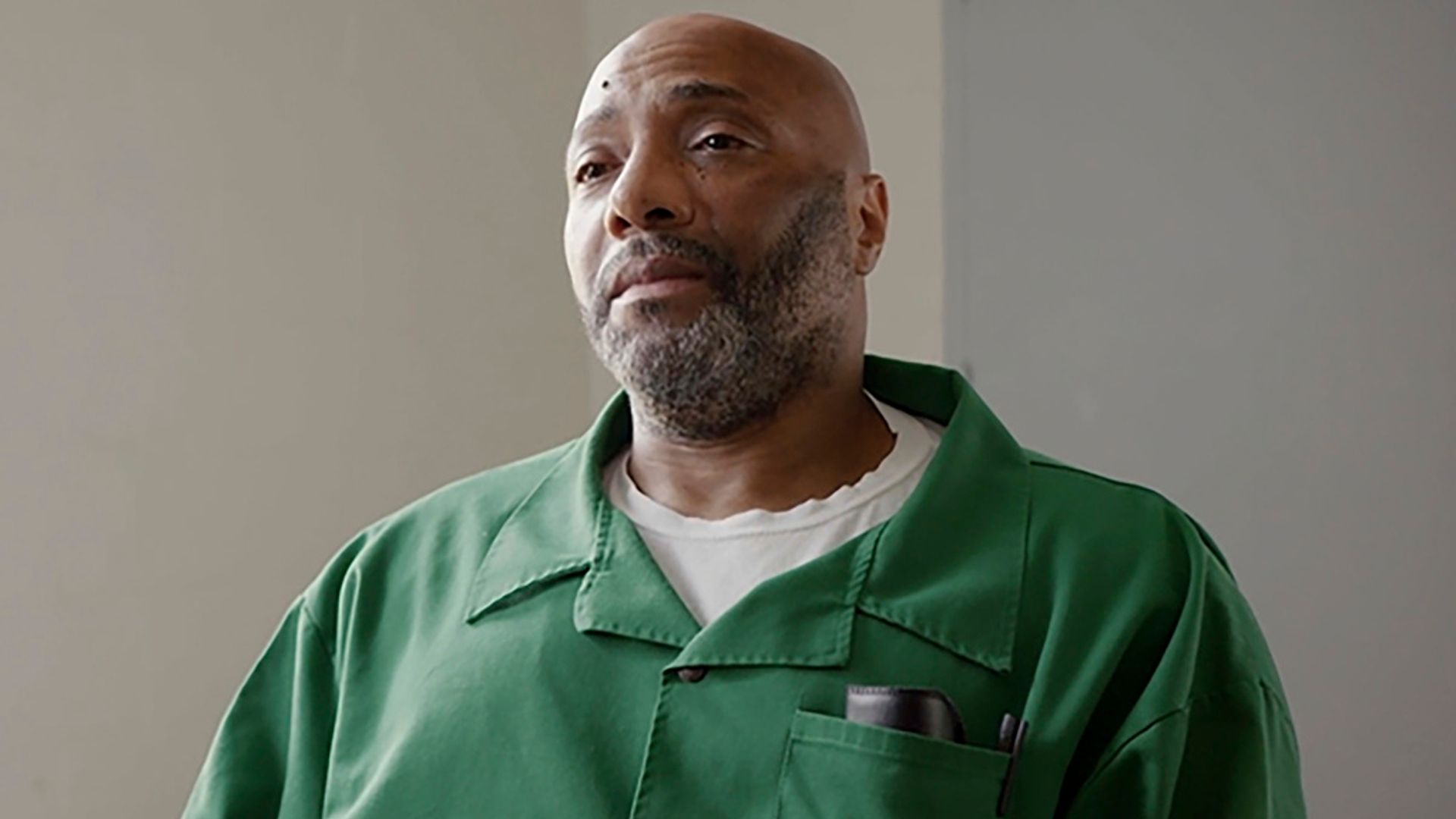
The BDN Opinion section operates independently and does not set newsroom policies or contribute to reporting or editing articles elsewhere in the newspaper or on bangordailynews.com.
As the weather heats up, so do legal threats for former president Donald Trump. Meanwhile, reports of links between Trump and Russia and the FBI’s investigation of these connections have finally been completed.
What do we know about the Trump-Russia probes and how should we judge them?
Before the 2016 election, the FBI discovered Russian efforts to help Trump and hurt Hillary Clinton and started an investigation. Also, unknown to the public and initially based on information from a top Australian diplomat, they began probing possible links between Russia and the Trump campaign.
Since then, Special Counsel Robert Mueller and the Senate Intelligence Committee put out volumes of reports on Russian interference in the 2016 election and the Trump campaign’s possible involvement.
Mueller brought 199 criminal charges; 37 people were indicted or pleaded guilty and five were sentenced to prison. Volume I of the Mueller report found Russia worked to help Trump win and some Trump campaign officials had links to Russia and wanted their help, but did not uncover a conspiracy.
Mueller’s second volume, focused on obstruction of justice, found many instances of Trump trying to stop others from talking to investigators. Mueller followed a rule that sitting presidents can’t be indicted and noted “while this report does not conclude that the President committed a crime, it also does not exonerate him.”
While Republicans controlled the Senate, its Intelligence Committee put out five reports relating to the 2016 election. Unable to indict, these reports discussed a great deal of evidence about Russia’s involvement aimed at helping Donald Trump. One focus was Trump campaign manager Paul Manafort, who Mueller successfully prosecuted. Volume five “found that Manafort’s presence on the Campaign and proximity to Trump created opportunities for Russian intelligence services to exert influence over, and acquire confidential information on, the Trump Campaign.” It called “Manfort’s high level access and willingness to share information with closely affiliated with Russian intelligence services” a “grave counterintelligence threat.”
Two other investigations involved how the FBI operated and whether the FBI should have investigated the Trump campaign for Russia links. One, by the Department of Justice’s Inspector General Michael Horowitz, was issued in December 2019. The Horowitz report determined there was a good reason and sufficient evidence to start the investigation and no political bias in how it was conducted, while finding errors in wiretap applications for Carter Page, a foreign policy advisor to Trump’s 2016 campaign. Horowitz made a single criminal referral, involving an FBI lawyer who altered an email involving Page.
But Trump and Attorney General Bill Barr saw the FBI’s actions as more negative, with Trump regularly railing about “witch hunts” and the “deep state.” Barr appointed John Durham to criminally investigate the FBI’s Trump-Russia probe and Mueller’s effort in May 2019. Barr named Durham special counsel in October 2020 but did not announce this until December 2020.
Special counsels are supposed to be independent. However, as the New York Times revealed in January, Barr and Durham regularly met to discuss the probe, sometimes over food and Scotch, and traveled together. Moreover, Durham lobbied Horowitz to change his report, didn’t stop his investigation when he didn’t find intelligence abuses, and a top aide quit because of ethical disagreements.
The Durham report, issued earlier this month, concluded that a preliminary investigation by the FBI into Trump-Russia links was warranted but not a full one at the start. Durham negotiated a guilty plea with the lawyer whose misconduct was found by Horowitz but Durham lost the two cases he brought to court. Durham pointedly stated he didn’t recommend “wholesale changes” to FBI procedures. Anyone who thinks what he found should lead to further prosecutions should ask why Durham didn’t bring them.
Judging all of this should be based on how much the investigations agree and what happened with legal cases. Using these metrics, Russia tried to help Trump and the campaign welcomed the help. While the FBI did not perform perfectly, there was ample reason for the FBI to probe what Russia and the Trump campaign did, and how President Trump reacted to investigations.








